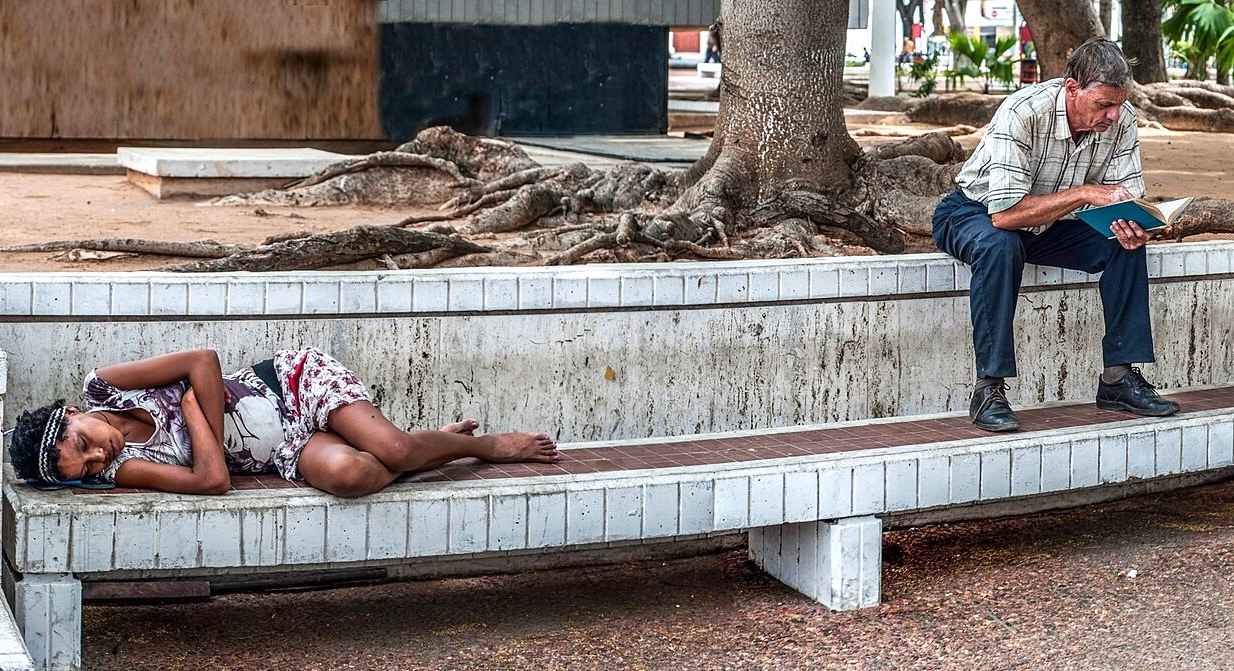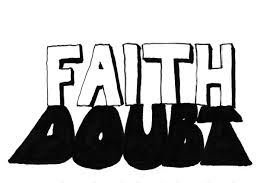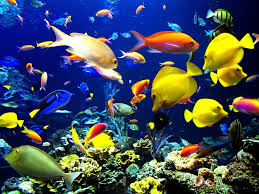
Indifference Society’s Greatest Threat?
One of my favorite songs in Spanish is a well-known tune by Argentina’s iconic singer, Mercedes Sosa, who died in 2009. I’ve mentioned it before in this blog. Here are the Spanish and English lyrics to the first verse. The first line is also the name of the song.
Solo le pido a Dios
Que la reseca muerte no me encuentre
Vacía y sola sin haber hecho lo suficiente.
Que el dolor no me sea indiferente
Only this I ask of God
That sadness doesn’t make me indifferent;
That an arid death doesn’t find me
Empty and alone without having done enough.
I believe one of my favorite authors, Tomas Halik, would like this. I’ve started reading a new book by Halik, the Czech priest, philosopher, and theologian who has won the Templeton Prize and has been a visiting professor at Oxford, Cambridge and Harvard universities.
Subjective and Simplistic?
I’ve written often about Halik in these blogs. He’s among my favorite authors because he wants to change in religion what ought to be changed but not what should be kept. I know, that is wildly subjective and simplistic, as well as extremely difficult, but making it a goal is important, in my opinion. And yes, it requires courage and trust in God.
The gospel lays out the skeletal plan Jesus had for his disciples but the application of his teaching to contemporary life is left to each generation. There is nothing in the gospel, for instance, about abortion, capital punishment, nuclear war and gun control, but Jesus’ teaching shows the way.
Halik’s book, published earlier this year, is called “The Afternoon of Christianity: The Courage to Change.” Here’s how Amazon Books describes its message.
Free From Self-Absorption
“The search for God in all things frees Christian life from self-absorption and leads toward universal fraternity, one of Pope Francis’s key themes. This renewal of faith can help the human family move beyond a clash of civilizations to a culture of communication, sharing, and respect for diversity.”
Halik, who as a young priest faced the persecution of a brutal Communist regime, is a keen observer of modern life, attempting not only to understand it but determine how Christianity can contribute answers to its many questions. I’ve only gotten through the first chapter, but this verse stood out for me.
“The Christian faith no longer confronts militant atheism or harsh persecution, which might awaken and mobilize believers, but instead there is a far greater danger – indifference.”
Lowered Them Anyway
Halik describes the scene in Luke’s gospel when Jesus is teaching the crowds from Peter’s boat on the Sea of Galilee and afterward asks Peter to go further out into the lake and cast his nets. Peter says he and his crew “toiled through the night and caught nothing,” but lowered them anyway.
“The prophet from Nazareth chose such a moment of weariness and frustration to address his future disciples for the first time,” writes Halik. “Disappointed fishermen after a sleepless night were not the best-disposed audience for his sermon on the coming kingdom. Yet they manifested what constitutes the antechamber and portal of faith: the courage to trust. ‘Try again,” ran his first sermon, ‘go to the deeps and spread your nets.’
“Even at this time of weariness and frustration, we need to give Christianity another try,” writes Halik. “Trying again does not mean doing the same thing over again, including old mistakes. It means going deeper, waiting attentively, and being ready to act.”



